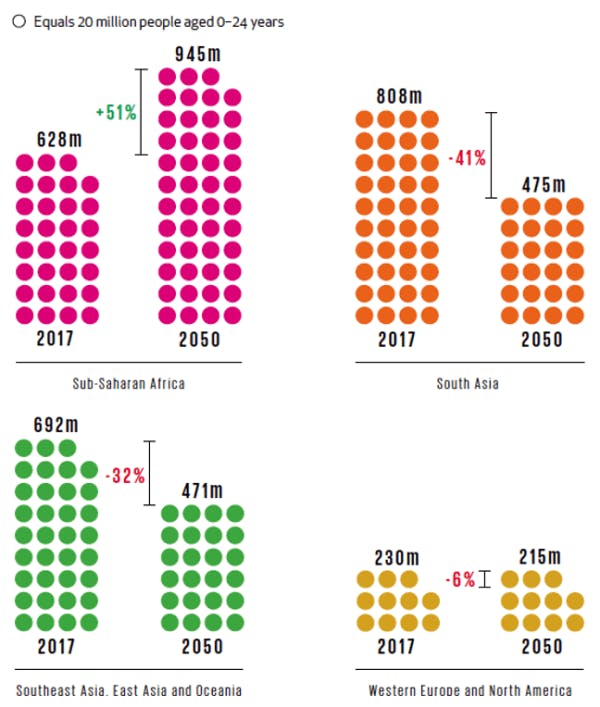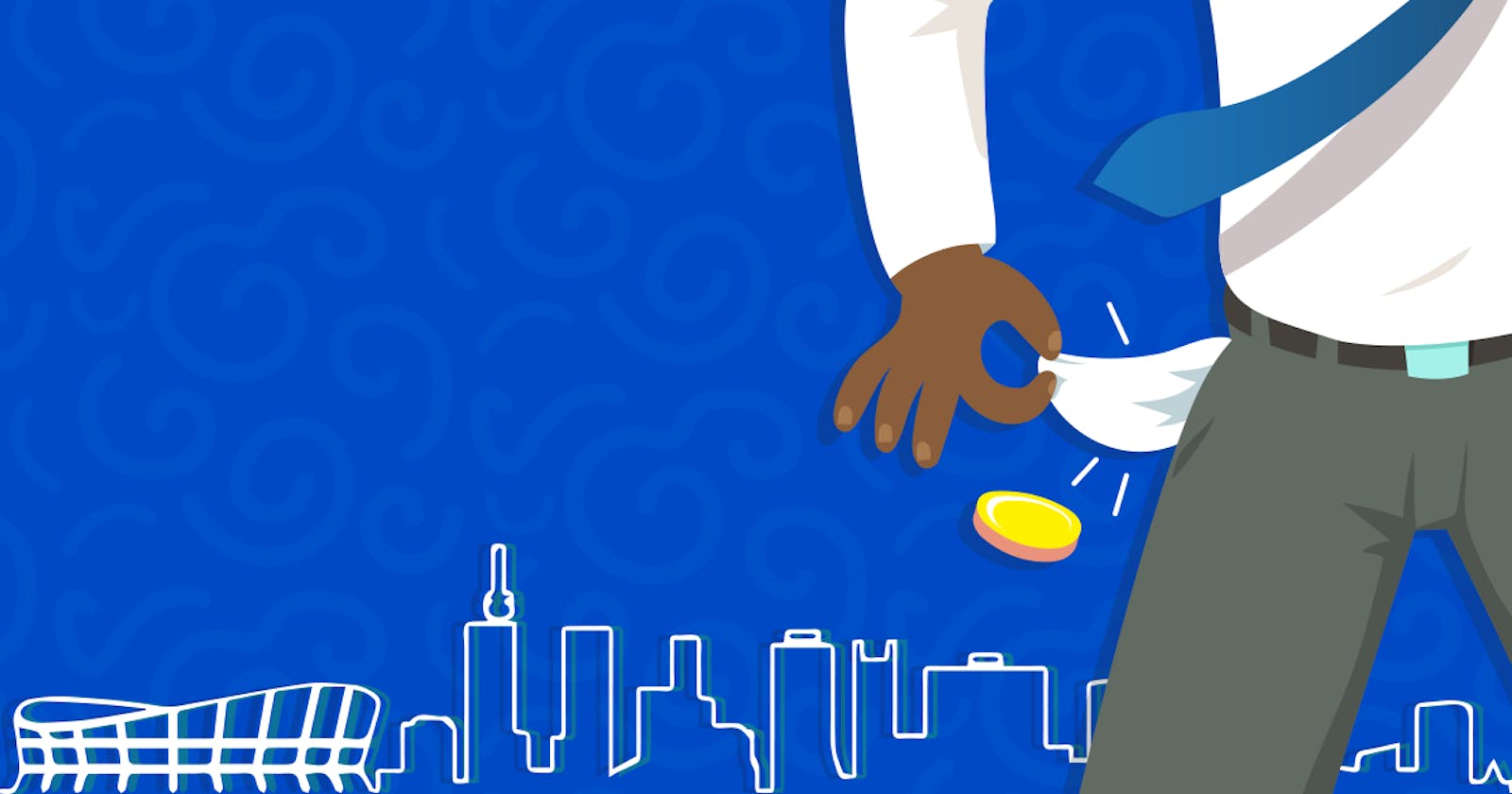Young, young dumb and broke Young dumb broke high school kids
We’re not referring to the lyrics from the 2017 hit single by Khalid, this is a case of the youngest continent in the world; Africa. According to the Brooking Institution, Sub Saharan Africa is the fastest-growing youth population in the world with a projected growth of 945m people by 2050.

With the increased penetration, young people across the globe have not only been one of the major drivers of change on the internet but also the biggest consumers. According to Statista, young people between the ages of 25-34 are the largest users of the internet by age, pegged at 32%, followed closely by the age group 18-24.
Citizens of the internet
With youths continuously shaping internet trends and content, it’s only logical that the largest chunk of digital products and services are targeted at them. This has given birth to new cultural globalization where time and distance are losing conventional meaning with the internet bringing information to everyone’s fingertip; making us “Citizens of the internet”. Within this context, we can say every country has its currency, and the Internet own can be said to be Cryptocurrency.
This sounds great, but unfortunately, in real-life we’re still bounded by location which still limits the buying power of individuals and cryptocurrency isn’t widely adopted enough to be the internet’s legal tender. Even if it becomes widely accepted, it still has to be initially purchased with the actual real-life currency which is limited, mainly because people have different disposable income based on their countries; with African countries securing several spots on the list of low-income and mid-income countries.
Building Products For Africa
Now that we understand that Africa has the number in terms of population but not so much in terms of buying power, we can most likely create successful B2C products by selling more for less and bank on making more money based on turnover. For instance, Apple music makes use of varying prices depending on location; subscribers in the U.S pay about $9.99 per month, South African subscribers pay about $3.94, and Nigerian subscribers around $1.84. Plus, Apple pays lower royalty to artists if their streams come from the lower-paying regions.
This same strategy can be replicated across other digital products; as long as we can have high turnovers on the tiny margin between the cost price of the service and its selling price. Another model that businesses use is the commission model, which allows companies to take a negligible fee after the user pays for a service or make transfers for those in fintech. Kuda bank(an African digital bank) makes money from a ₦10 fee after the user completes their 25 free transfers within a month, plus they also take commissions from airtime purchases. This might seem like minimal profit at first glance, but in the long term will accumulate to a larger amount with thousands of active users.
The Silver lining
There is a silver lining that’s beginning to appear in terms of the purchasing power of African millennials and the gen z age group. Since we’re global citizens of the internet, people in low-income and mid-income African countries are now offering services in terms of skills over the internet, allowing people to earn the same rates as their counterparts in other high-income countries. Although some companies pay their workers working remotely in other parts of the world slightly lower, it’s usually still higher than the median salaries in those countries.
Let’s take a hypothetical John that lives in Lagos while working for a US startup and earning an annual income of $60,000 (approximately $5000 monthly salary). This is a huge income jump for a country whose GDP per capita is somewhere around $4,000; now imagine this replicated along with different skillsets. With the internet lowering barriers and increasing accessibility, Africans can truly become global citizens and have more disposable income to spend and change the narrative.
Moving forward
For now, developed economies will continue to be suitable markets for high-end products and services targeting young consumers while other businesses can focus on the mass youth market within Africa.
You can make sure to join our community on Discord, Twitter, and Whatsapp for more in-depth discussions around these topics.

